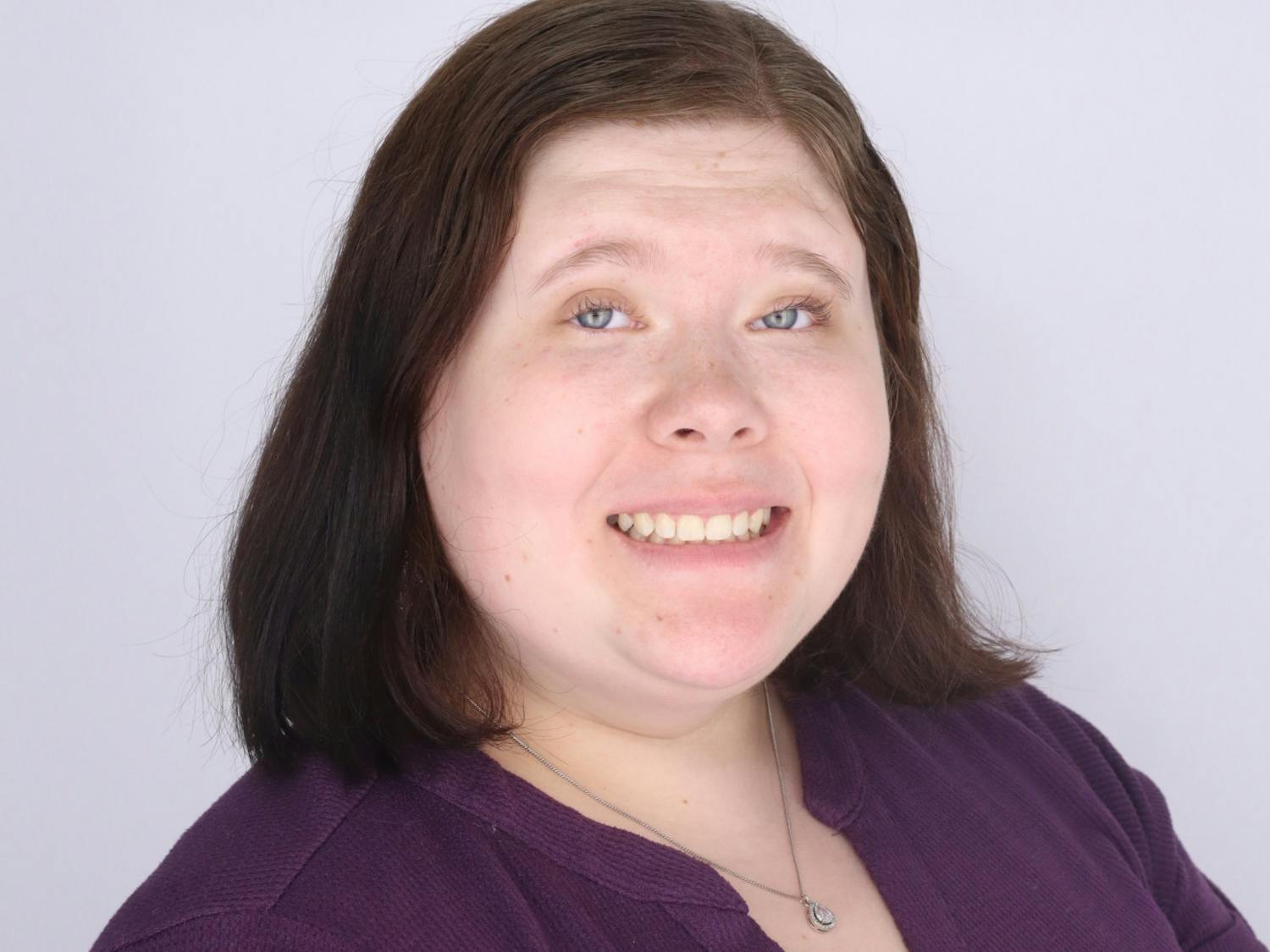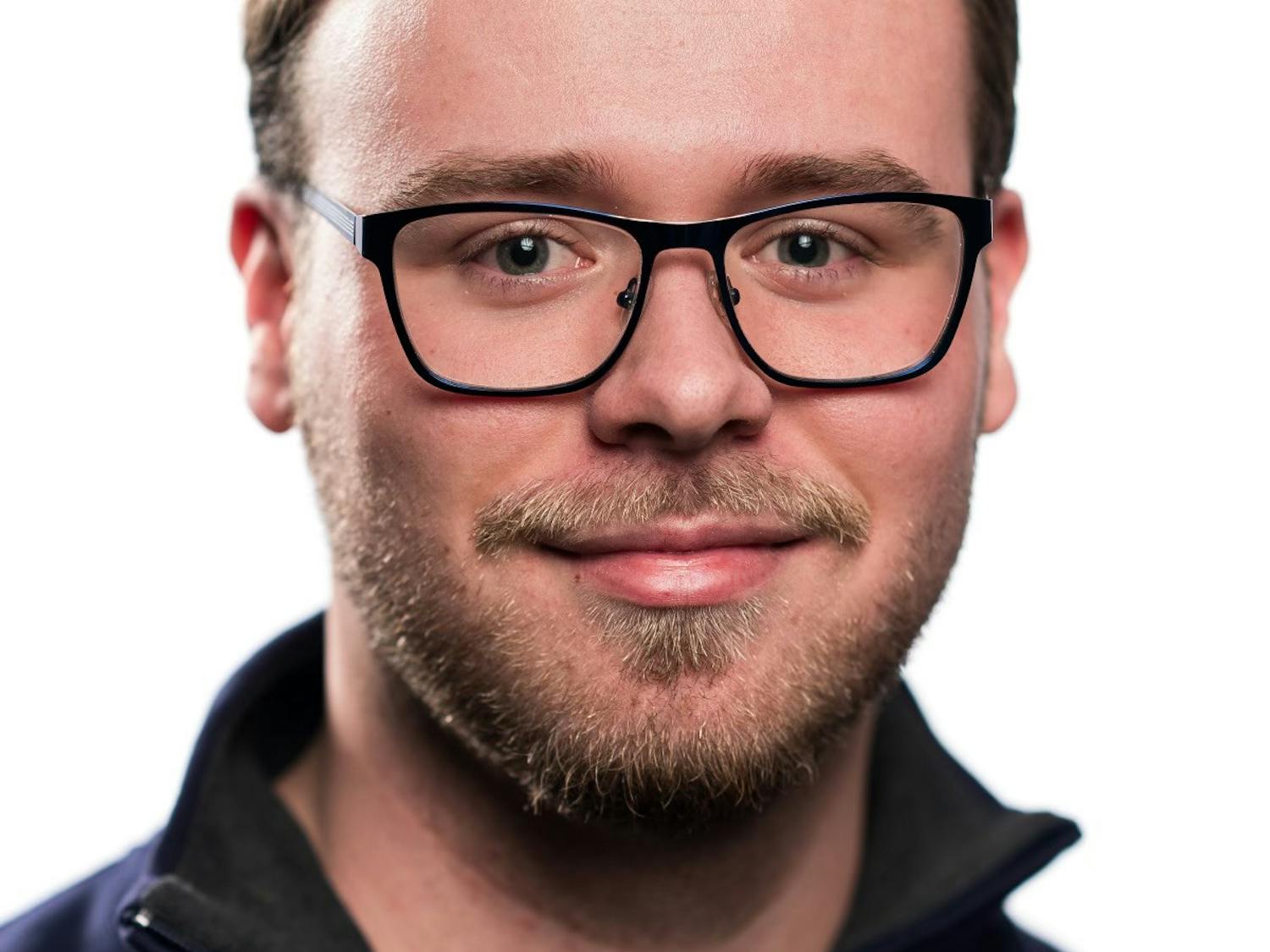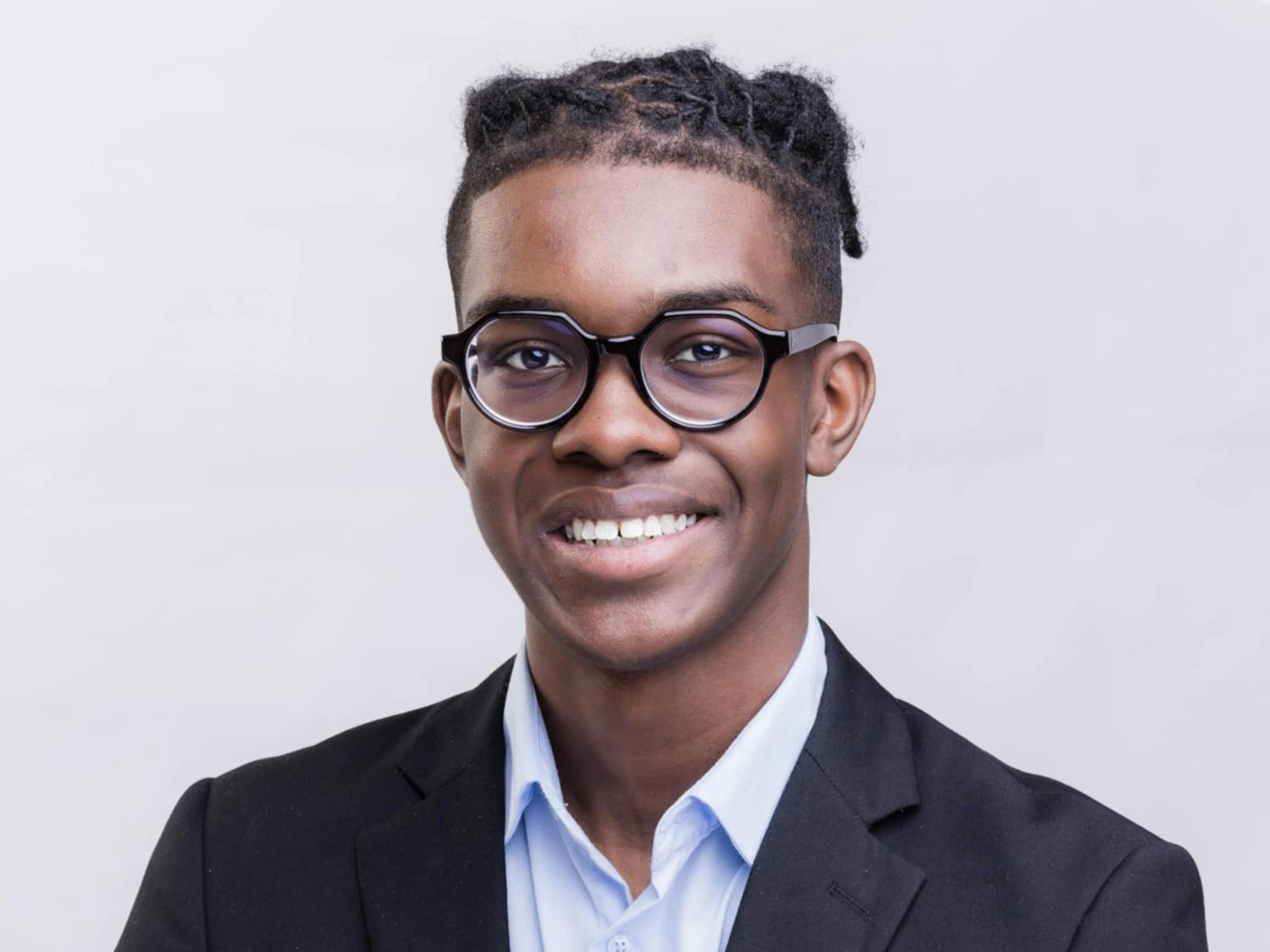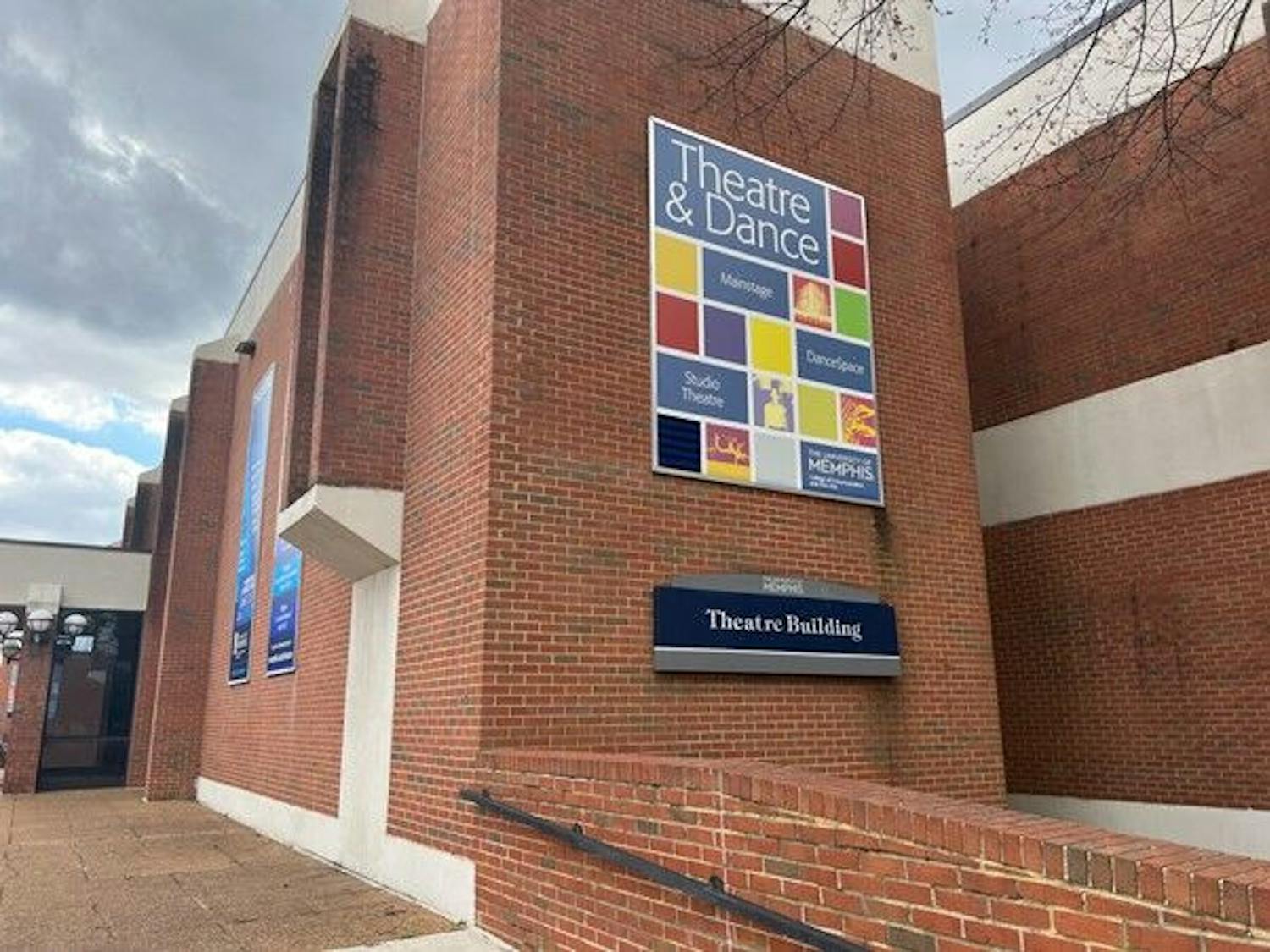Each year, hundreds of thousands of people enroll in college for the first time. Whether it’s a two-year or a four-year, in or out of state, or private or public, students pick a program that caters to them specifically. Once there, they begin to embark on their journey of adulthood. This means freedom from parents, joining clubs and organizations, living on campus, and plenty of other aspects that give them a sense of maturity.
Of course, though, no one’s college experience is ever the exact same. To be more specific, there is a certain group of people who are furthering their education in two completely different ways. While some African American students are attending a historically black college or university, also known as an HBCU, others go to a predominantly white institution – frequently referred to as a PWI.
There are many factors that influence their initial choice of which one they will pick – tuition costs, specific programs, distance from home, etc. Nonetheless, once their choice is solidified, there is often no going back. Not only must they live with their decision, but they must also deal with the silent war that exists between the two types of institutions on social media.
When it comes to social networking sites, there is always an argument to be found somewhere. People debate about politics, sports, musicians – anything, but one dispute that has taken a toll on the black community is students attending an HBCU versus a PWI. People argue that if you are of color and choose a PWI, then you don’t truly love your culture nor are you in touch with your roots. Others believe that HBCUs are too expensive and don’t prove whether someone is more or less Black. Additionally, some who attend PWIs agree that they are indeed missing out on a life-changing experience by not going to an HBCU. In all, those at predominantly white institutions are often placed in the hot seat more than those who choose the HBCU route.
Sierra Downing, a St. Louis native, can attest to that.
“I chose the University of Missouri because they have one of the best journalism programs in the country,” Downing said, “but whenever I would get on social media, I would start to wonder how life would be going to a school where I got to learn about my studies as well about myself.”
Downing recalls spending countless hours searching through “#HBCU” on apps like TikTok and Twitter. There, she would see young, Black students attending events and having fun with each other.
“Seeing them online being extremely vocal about their culture made me feel like I missed out on being around people who looked like me,” she said.
Getting a chance to interact with individuals with similar backgrounds indeed seems to have its benefits. According to the United Negro College Fund, the campus climate of HBCUs has been proven to foster success. Per their website, “The Gallup-Purdue poll noted that Black graduates of HBCUs are significantly more likely to have felt supported while in college and to be thriving afterward than their black peers who graduated from predominantly white institutions.”
Believing this to be true, Cyrah Griggs, 20, made a decision that gave her the best of both worlds. “I chose the University of Memphis because it’s an urban campus, and I get to be around a lot of people who share the same culture as I do,” Griggs said.
The University of Memphis website states that as of 2021, 38.83% of females on the campus are African American, and 26.69% of the males are.
“When I see PWIs on apps like TikTok,” Griggs said, “it seems like they don’t have as many Black students as U of M. I’m glad I get to be around people from different backgrounds.”
Griggs also included that she chooses to take pride in seeing students at HBCUs instead of letting it make her feel bad about her choice.
“Judging by social media, I do believe they have more fun than we do at PWIs, but it’s all about us getting an education at the end of the day. It shouldn’t matter where you choose to get it from.”
Granted, there are numerous institutions for one to get their degree, but many students want to go to their dream school to further their education. Unfortunately, it’s not always that easy. Teyana Morrow, a nursing major, wanted to attend an HBCU but wasn’t offered many scholarships for her studies.
“I desired to go to Tennessee State University, a historically Black school in Nashville, but they didn’t offer me as much financial aid as my current school, Middle Tennessee State University, did.”
Morrow reflected on how seeing the debate on social media makes her feel. “I don’t think it’s right that people say we are less Black or judge us for our decision. It’s not my fault that the school didn’t offer me enough funds to attend,” the 21-year-old said.
Ultimately, Morrow thinks it is distasteful that because of her choice, people on social networks question her blackness and amount of self-love.
While many can withstand the heat that social media brings, others are heavily influenced by its impact. Tayshawn Lockett, a high school senior, changed his mind about his school of choice because of things he saw online.
“At first, the University of Memphis was my first choice, but now I’ll be attending Jackson State University,” said the 18-year-old. Initially, Lockett wanted to go to U of M due to its proximity to his home. However, after constantly seeing HBCU content on social media, he decided to go a different route.
“From what I saw online, I wouldn’t want to miss out on the opportunity,” he said. “Going to JSU is going to allow me to not only elevate in my career but learn about who I am as a young, Black man. Being taught by Black professors and having my classrooms be filled with Black students will give me a sense of home that the U of M just cannot.”
With everything that young African Americans have to face in society, it seems that picking where to go to college adds to their struggle. They don’t want to seem less than to their peers, nor do they want to be judged based on their decisions.
Social media impacts them by making them change their mind, filling them with regret and even making them question their blackness. A quote from Ossie Davis, an American actor, and activist, says, “I find, in being Black, a thing of beauty: a joy; a strength; a secret cup of gladness.”
Thus, instead of going against each other for where they choose to attend, young Black students should be rejoicing that they get to spread their joyous culture to different parts of the country and get an education at the same time.
Cyrah Griggs, 20, a communications major who doesn’t regret her decision of choosing UofM over an HBCU.






